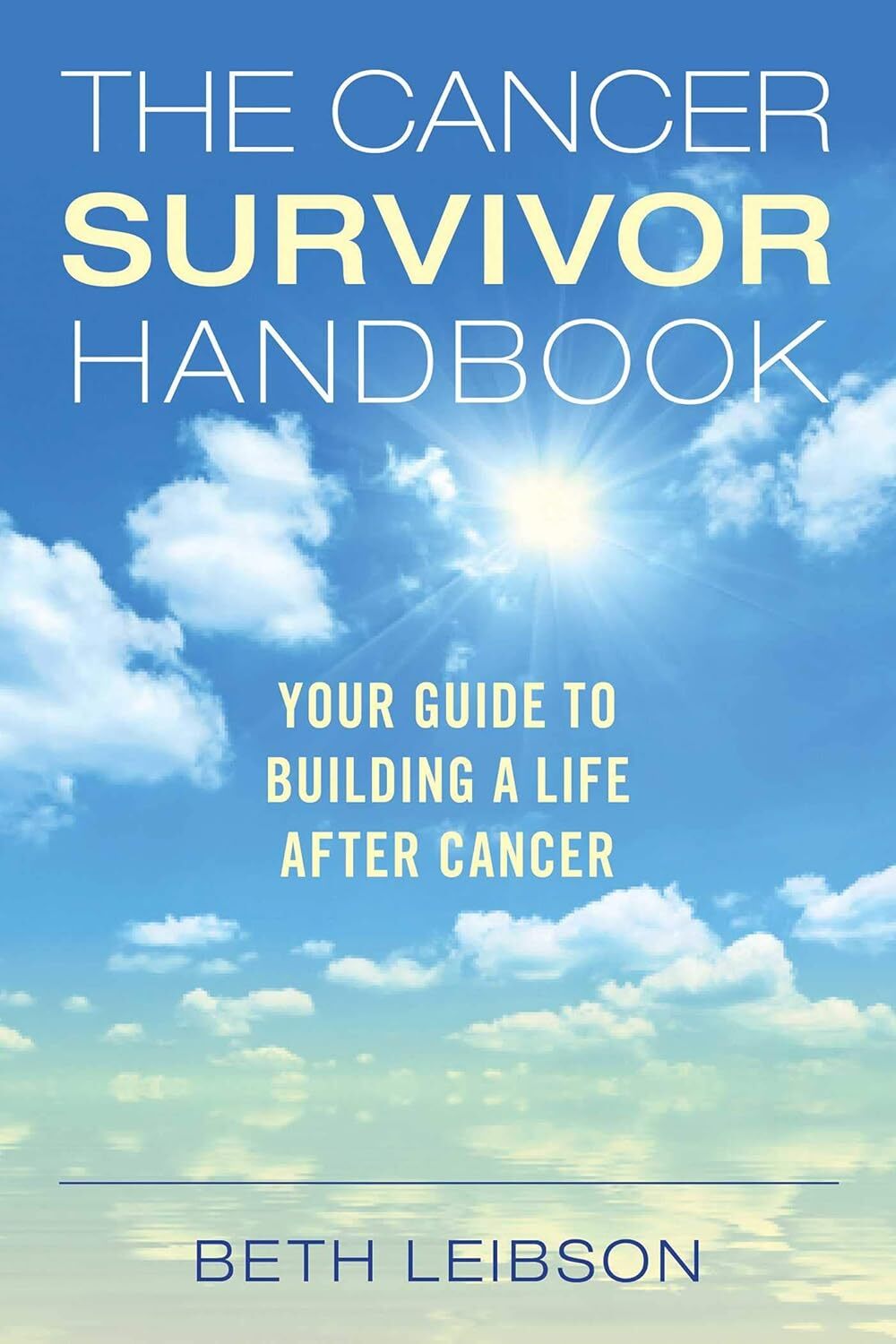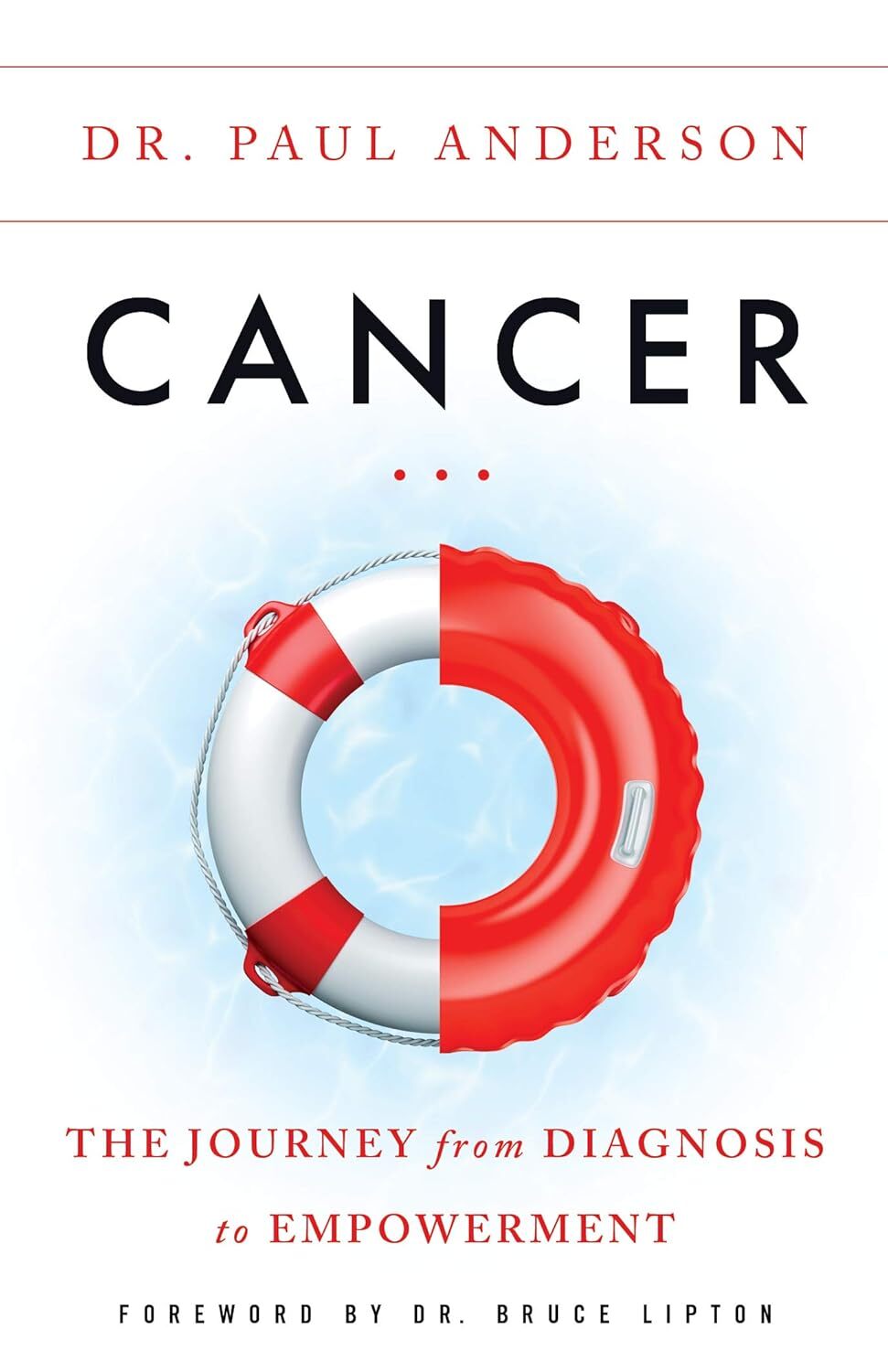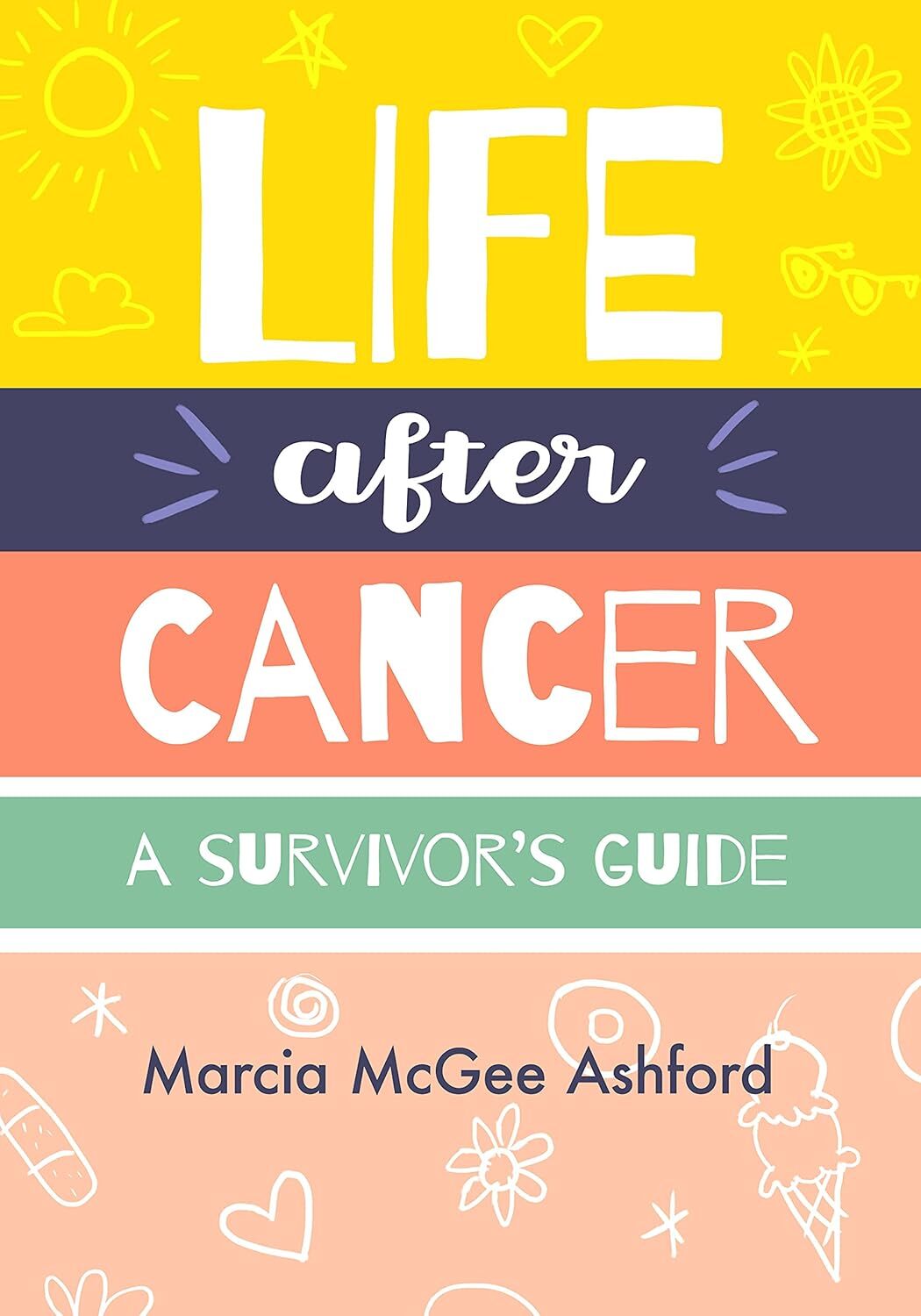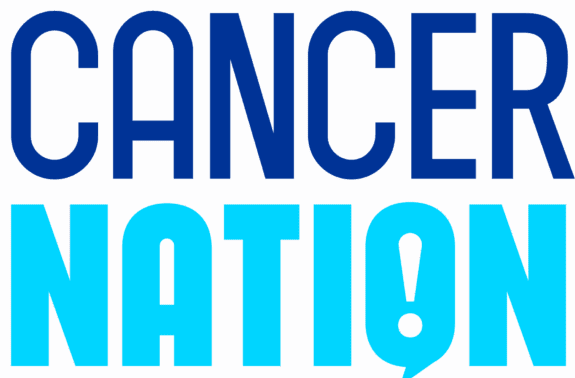Self-Assessment
Assess and Monitor Your Health Recovery Through Reflective Practices

Introduction
Self-Assessment is a reflective practice that involves regularly evaluating your physical, mental, and emotional health to track progress and identify areas for improvement during recovery. This technique empowers individuals to take an active role in their well-being, fostering resilience, and informed decision-making.
Why It Works
Self-Assessment enhances self-awareness, enabling individuals to recognize patterns in symptoms, energy levels, and emotional states, which supports tailored recovery strategies. By fostering mindfulness and accountability, it reduces stress and improves goal-setting, with studies showing that structured self-monitoring can improve health outcomes by up to 20% and enhance adherence to recovery plans. It also encourages proactive communication with healthcare providers, optimizing personalized care.
How To Do It
Instructions:
1. Prepare Your Space
- Fatigue
- Neuropathy
- Lymphedema
- Other Side Effects
- Sleep Difficulties/Insomnia
- Pain Management
- Mobility
- Sexual Dysfunction
- Diet/Nutrition/Appetite
- Physical Activity & Exercise
- Body Weight
- Blood Pressure
- Heart Rate
- Chemo Brain
- Memory
- Fear of Recurrence
- Scanxiety
- Stress & Anxiety
- Depression/Hopelessness
- Isolation/Loneliness
- Body Image
- Mood
- Negative Thoughts
- Role & Identity
- Substance Abuse
- Financial
- Employment
- Food
- Housing
- Family Relationships
- Friends
- Go to our Issues Menu; Choose Your Issue
- Cancer Center
- Primary Care Doctor
- Patient Services & Social Workers
- Supports Group
Helpful Tips:
- Start small: Begin with 5-minute sessions if new to self-assessment.
- Choose a format: Use paper, apps, or templates for consistency.
- Stay neutral: Observe without self-judgment; focus on trends.
- Manage overwhelm: Pause and breathe if reflection feels heavy; skip tough categories if needed.
- Use a timer: Set a gentle alarm to keep sessions focused.
- Practice regularly: Weekly check-ins build insight; daily for specific symptoms.
- Track trends: Compare entries over weeks to spot progress.
- Combine with support: Share findings with healthcare providers for tailored advice.
- Be consistent: Regular practice deepens benefits over time.
Recommended Videos
Why You Need A Survivorship Care Plan After Cancer
Cancer.Net
Thriving Beyond Cancer: Survivorship Plan
Mayo Clinic
Cancer Survivorship Care Plans
American Cancer Society
Influential Books
The Cancer Survivor is a companion and guide for those millions of individuals who are finally done with treatments but are still on the journey to wholeness.
Drawing on decades of experience, Dr. Anderson offers practical advice to demystify the healing process, empower patients, and teach loved ones how to provide effective support.
After cancer, life may not seem the same. There are bills to pay, work to do, and everyone expects you to resume the life you had before cancer. Sadly, all you can think of is a nap and the brain fog that still haunts you.
* As an Amazon Associate I earn from qualifying purchases.
Helpful Websites
Popular Apps
Scientific Research
- Prochaska, J. O., & Velicer, W. F. (1997). The transtheoretical model of health behavior change. American Journal of Health Promotion, 12(1), 38–48. https://pubmed.ncbi.nlm.nih.gov/10170434/
- Hyland, P., et al. (2019). Self-assessment of health and well-being in recovery: A systematic review. Journal of Behavioral Medicine, 42(4), 767–784. https://pubmed.ncbi.nlm.nih.gov/30737661/
- McGloin, J. M., & Widom, C. S. (2001). Resilience among abused and neglected children grown up. Development and Psychopathology, 13(4), 1021–1038. https://pubmed.ncbi.nlm.nih.gov/11771905/
- Taylor, S. E., et al. (2000). Psychological resources, positive illusions, and health. American Psychologist, 55(1), 99–109. https://pubmed.ncbi.nlm.nih.gov/11392870/
Related Topics:
Strongly Related
Reduce Stress:
[Links to related web pages]
[Links to related web pages]
[Links to related web pages][Links to related web pages]
Moderately Related
Issue B:
[Links to related web pages]
[Links to related web pages]









